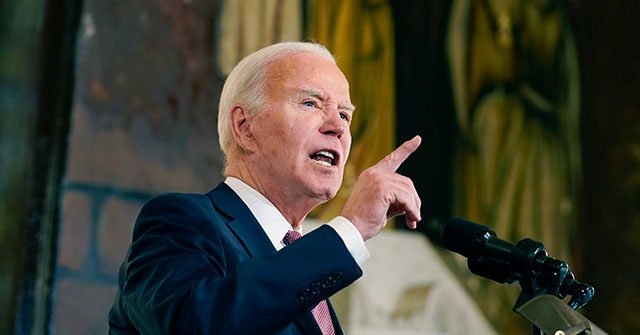Red Bull scandal would possibly perchance additionally be ‘higher than dishonest’
Private investigator for cheating spouse:
Red Bull would possibly perchance additionally be guilty of “higher than dishonest” amid the ’T-tray’ affair that is unfolding on the US GP.
That’s per Ferrari boss Frederic Vasseur, who weighed into System 1’s latest technical scandal that is being pushed hardest by Red Bull’s title rival McLaren.
Red Bull mechanics confirmed FIA inspectors how the outlandish stride-top adjustment blueprint works earlier than elope qualifying in Austin, insisting it requires particular instruments in would like to enabling surreptitious setup tweaks in parc ferme.
“If they in point of fact modified the auto in parc ferme, it would possibly perchance maybe be higher than dishonest,” Vasseur urged Sky Italia. “It can maybe be colossal.
“But I don’t know the crucial aspects. The FIA will raise out its job.
“We dangle to belief the FIA on this one. I don’t would like to variety any divulge on rumours and so, because I don’t know what has came about. I’m no longer in the crew, for obvious, and I don’t know if they expend it or no longer.
“But if they expend it, it’s clearly dishonest. It’s no longer a gray apartment or in spite of. We’ve had tonnes of grey apartment from the origin of the season, but this, if it’s the case, it wouldn’t be a gray apartment at all.
“We dangle to belief the FIA, and let’s stamp.”
Red Bull denies ever making illegal setup tweaks between qualifying sessions and grands prix, explaining that the instrument cannot simply be feeble on the wing.
“If you occur to hear these cleverly worded feedback like ’You would possibly perchance maybe presumably additionally’t expend it when the auto is assembled’, effectively, I know the vehicles are no longer continuously assembled,” McLaren CEO Zak Brown acknowledged on Friday.
“And why would possibly perchance additionally composed the FIA seal one thing if it’s no longer accessible?” he wondered.
Brown is pushing the FIA to rigorously stamp into how long the offending Red Bull blueprint has been feeble for, and whether it became once ever tweaked in parc ferme.
Rival Red Bull bosses designate that McLaren is simply pushing the subject so onerous presumably as retaliation for having its shiny ’mini-DRS’ banned no longer too long ago.
McLaren admits all of its rear wing designs – no longer honest the low-downforce one feeble in Baku – wanted to be changed “to varying levels” due to that technical scandal.
As for Red Bull’s T-tray or ’bib’ instrument, the crew says it cannot entirely take away it from the championship-charging automobile until Brazil.
Dr Helmut Marko insists: “The blueprint is entirely correct and became once known to your total teams and the FIA. I mediate that claims ample.
“Which you would possibly perchance well no longer substitute the stride top between qualifying and the flee, and now we dangle no longer,” the Red Bull advertising and marketing consultant urged Sky Deutschland. “I don’t realize your total focus on this.
“Maybe someone needs to distract attention from other issues,” Marko added.





